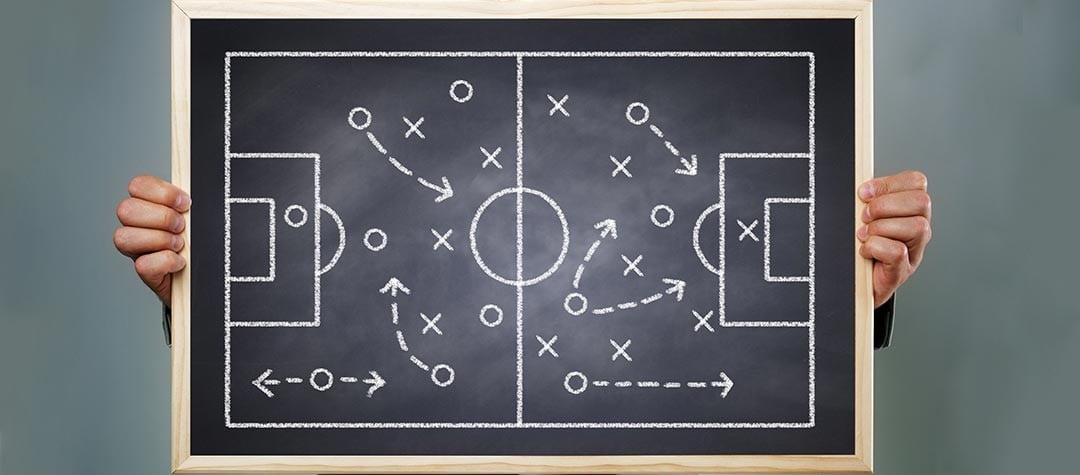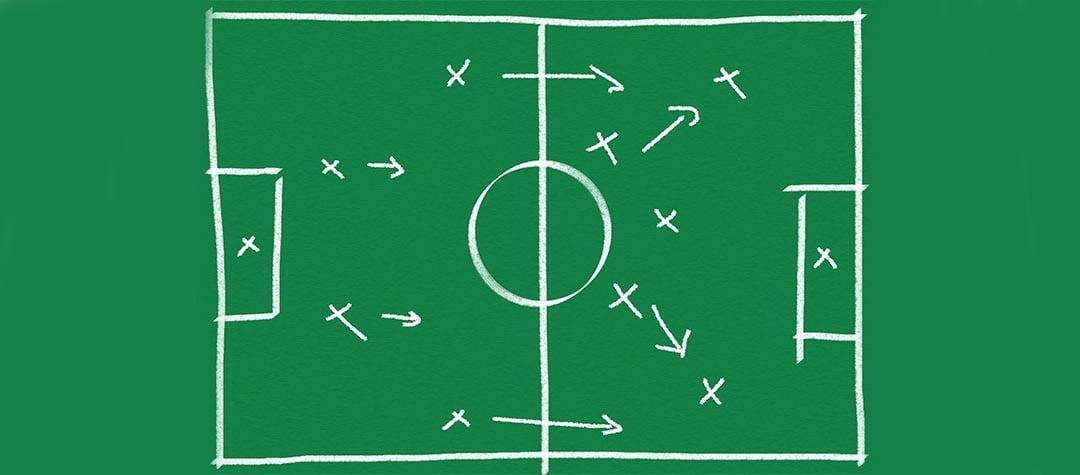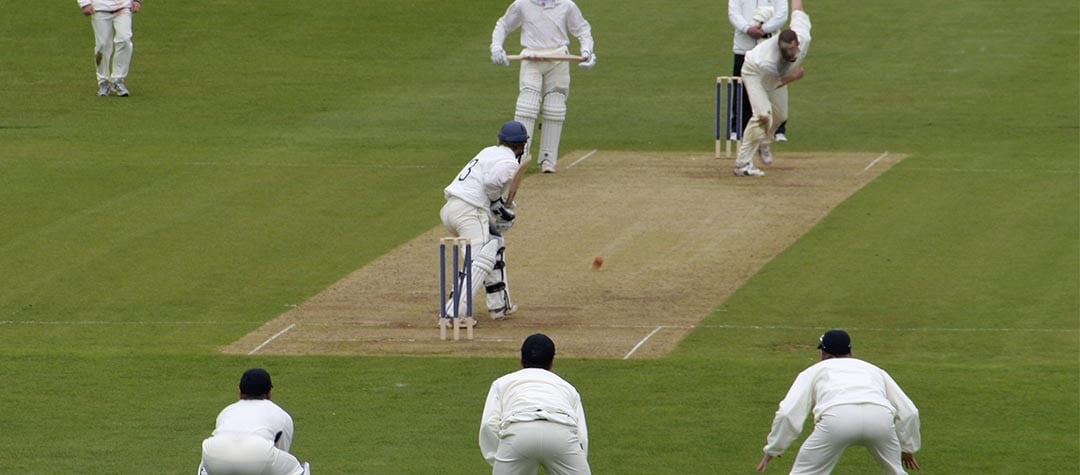Not to be confused with Union’s six nations, have a look at Rugby League’s alternative international tournament.
The Four Nations is a top rugby league tournament featuring four of the strongest international sides in the game. The addition of a fourth nation saw the old Tri-Nations re-branded to the Four Nations, making it a stern test for some of rugby league’s finest players. It is arguably tougher than the Rugby League World Cup because the matches are generally more competitive since the World Cup features a number of matches involving weaker rugby league playing nations.
With teams from both the southern and northern hemisphere, the Four Nations attracts interest both sides of the globe.
What is the Four Nations?
The Four Nations is a Rugby League tournament featuring international teams from Australia, New Zealand, England plus one other. It was originally contested as the Gillette Rugby League Tri-Nations in 1999 and involved the top three nations in the sport: Australia, New Zealand and Great Britain. In 2009 the competition was replaced by a Four Nations series, and England now compete instead of Great Britain, with an additional side being invited (alternatively the Pacific Cup Champions and the European Champions).
What happens during the rugby tournament?
Played over three to four weeks in October and November, the competition is in a ‘mini-league' format with each team playing the other once (three games each). The top two teams then go on to fight it out in the final.
Where do these rugby teams play?
The tournament is usually jointly hosted by a couple of the competing countries on an alternate southern/northern hemisphere basis. For example, New Zealand and Australia will host matches when the tournament is played in the southern hemisphere, and the next tournament will be jointly hosted by England and another European nation (usually France or Wales who are the strongest other European nations).
What scoring system is used in this rugby tournament?
The points system used in the tournament is:
Win – 2 points
Draw – 1 point
Loss – 0 points
The two nations finishing in first and second place will contest the final. If the final is tied after 80 minutes or normal time then the game goes to Golden Point whereby the first scorer of any points in extra time is declared the winner.
The future of the Four Nations rugby tournament
The first Four Nations tournament was held in England and France in 2009 and then Australia and New Zealand in 2010, where Papua New Guinea were invited as winners of the Pacific Cup. Australia and New Zealand tend to dominate but it is hoped that the other competing nations will catch up to make the tournaments a fully competitive four-way battle.















